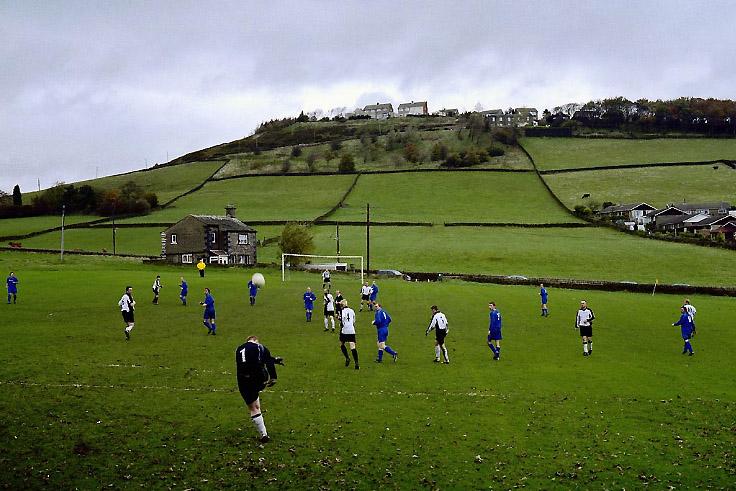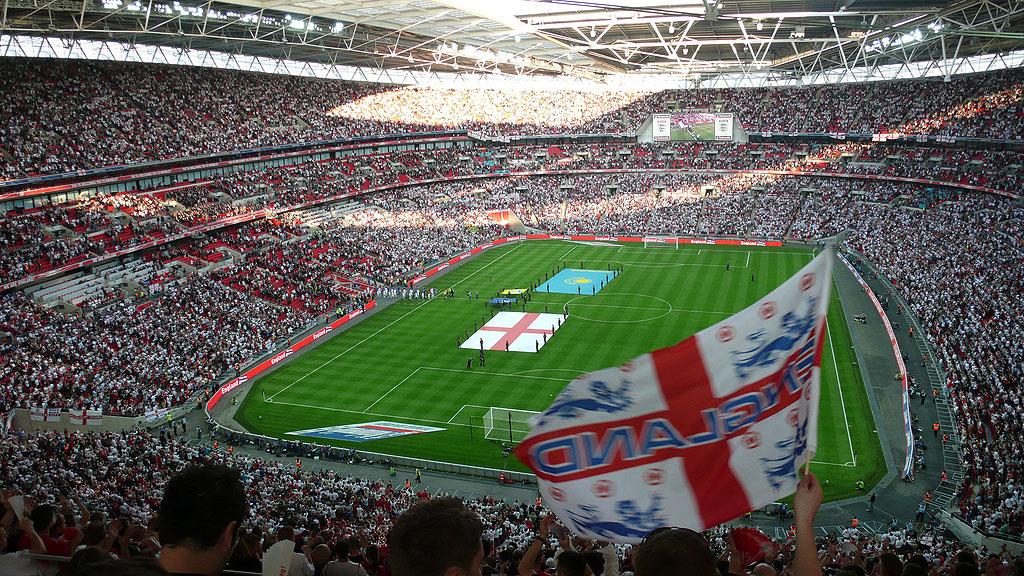Football

Pre-reading:
Discuss in pairs:
Do you have a favourite football team? Why is it your favourite?
Write down as many English football expressions as you can think of and ask the student next to you what they mean.
The sport originated at British boarding schools about 200 years ago and was used to keep the pupils occupied during their lunch breaks and after school hours. While football, where the use of hands is not allowed, was popular at some schools, rugby gained popularity at others.
A problem soon arose. Since schools created their own sets of football rules, it was impossible to compete against teams from other schools. To resolve this, a group of enthusiasts established the Football Association. Soon, a standardized set of rules became the norm across the country, allowing tournaments to be organized. Football's popularity grew, first in the North, and later throughout the rest of the country.

The football season now runs from August to April, with matches typically played on Saturday afternoons. In recent years, teams such as Manchester United, Liverpool, and Chelsea have dominated. Manchester United alone has won the Premier League 13 times since its establishment in 1992. Over the past decade, Manchester City has been the dominant force, securing six titles under the leadership of manager Pep Guardiola. Teams like Arsenal and Tottenham Hotspur have also had their moments of brilliance, keeping the competition fierce.
The Premier League has seen legendary players like David Beckham and Ryan Giggs at Manchester United, and Steven Gerrard at Liverpool. More recently, stars like Mohamed Salah and Kevin De Bruyne have dazzled fans, while global icons Lionel Messi and Cristiano Ronaldo continue to inspire people worldwide.
Norwegian players have also made their mark in British football. Ole Gunnar Solskjær became a legend at Manchester United, scoring the decisive goal in the 1999 Champions League final. John Arne Riise impressed at Liverpool with his powerful left foot, while Martin Ødegaard now captains Arsenal, showcasing his creative playmaking skills. Erling Braut Haaland has shattered scoring records at Manchester City, cementing his place as one of the world's top strikers. These players have not only contributed to their teams' successes but have also brought pride to Norwegian football fans.
Comprehension
In what context did football originate?
Why was it difficult for different schools to play football against each other?
What is one of the main differences between football and rugby?
Which teams have dominated the Premier League in recent years?
How many times has Manchester United won the Premier League since 1992?
Who are some of the legendary players mentioned in the text who have played for Manchester United and Liverpool?
What achievements have Norwegian players like Ole Gunnar Solskjær and Erling Haaland made in British football?
Talk:
What do these football expressions mean? Take a few minutes to prepare and write down the definitions of the terms. Then, take turns explaining the expressions to each other.
Research
How many Premier League teams have their city name in their club name?
Find out how much the best football players in the world earn. In comparison, how much do top players in the Norwegian League earn?
The Premier League was established in 1992. Find out which teams have won the league at some point.
Many football clubs have nicknames. Match each nickname to its respective club: Manchester United, Newcastle United, West Ham United, Liverpool, Arsenal, Everton, Tottenham Hotspur.
Which home ground belongs to which team? Match the following teams with their home grounds: Newcastle, Liverpool, Tottenham Hotspur, Manchester United, Chelsea FC.
Presentation
Create a digital story or a poster about your favourite football player. Include biographical details such as date and place of birth, clubs, playing position, and highlights of their career.
Create a digital story or a poster about the history of your favourite football club in the UK.
Create a presentation about all the fantastic things you can do if you don't watch football all day long.